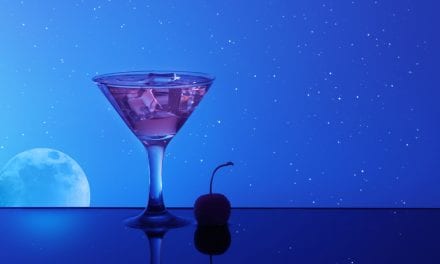A new Brigham Young University study found that 16- to 18-year-olds perform better academically when they have 7 hours’ of sleep.
"We’re not talking about sleep deprivation," says study author Eric Eide, PhD. "The data simply says that 7 hours is optimal at that age."
The new study by Eide and fellow BYU economics professor Mark Showalter is the first in a series of studies where they examine sleep and its impact on health and education. Surprisingly, the current federal guidelines on teen sleep are based on studies where teens were simply told to keep sleeping until they felt satisfied.
"If you used that same approach for a guideline on how much people should eat, you would put them in a well-stocked pantry and just watch how much they ate until they felt satisfied," Showalter said. "Somehow that doesn’t seem right."
In the new study, the BYU researchers tried to connect sleep to a measure of performance or productivity. Analyzing data from a representative sample of 1,724 primary and secondary school students across the country, they found a strong relationship between the amount of sleep youths got and how they fared on standardized tests.
But more sleep isn’t always better. As they report in the Eastern Economics Journal, the right amount of sleep decreases with age:
- The optimal for 10-year-olds is 9–9.5 hours
- The optimal for 12-year-olds is 8–8.5 hours
- The optimal for 16-year-olds is 7 hours
"We don’t look at it just from a ‘your kid might be sleeping too much’ perspective," Eide said. "From the other end, if a kid is only getting 5.5 hours of sleep a night because he’s overscheduled, he would perform better if he got 90 minutes more each night."


